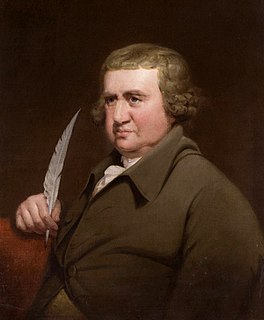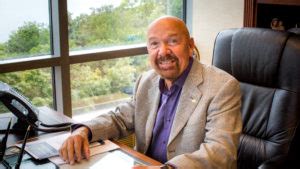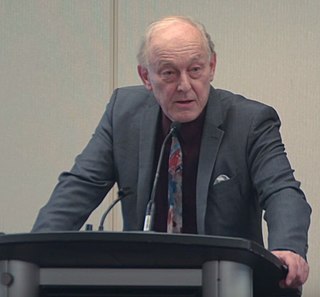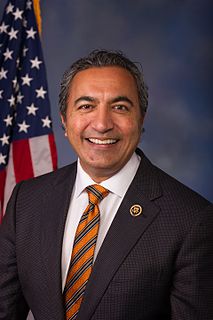A Quote by Erasmus Darwin
There are some modern practitioners, who declaim against medical theory in general, not considering that to think is to theorize; and that no one can direct a method of cure to a person labouring under disease, without thinking, that is, without theorizing; and happy therefore is the patient, whose physician possesses the best theory.
Related Quotes
Doctor Johnson said, that in sickness there were three things that were material; the physician, the disease, and the patient: and if any two of these joined, then they get the victory; for, Ne Hercules quidem contra duos [Not even Hercules himself is a match for two]. If the physician and the patient join, then down goes the disease; for then the patient recovers: if the physician and the disease join, that is a strong disease; and the physician mistaking the cure, then down goes the patient: if the patient and the disease join, then down goes the physician; for he is discredited.
I think it's often easier to theorize in the official codes of theory rather than to theorize lightly through scene, object, story, and incident in ways that keeps alive the sensual serendipities of language. This is not a question of being for or against theory, but rather of being suspicious of orthodoxies that concede, in advance, that what passes for theory must be signaled by a narrowing of diction, sentence rhythms, and sensual awareness. I'm in favor of surprise.
A physician who fails to enter the body of a patient with the lamp of knowledge and understanding can never treat diseases. He should first study all the factors, including environment, which influence a patient's disease, and then prescribe treatment. It is more important to prevent the occurrence of disease than to seek a cure.
And, partly, I had found that theory-structure was a superpower in helping one get what one wanted. As I had early discovered in school wherein I had excelled without labor, guided by theory, while many others, without mastery of theory failed despite monstrous effort. Better theory I thought had always worked for me and, if now available could make me acquire capital and independence faster and better assist everything I loved.
MY THEORY: the trouble is in the mind, for the body is only the house for the mind to dwell in . . . If your mind has been deceived by some invisible enemy into a belief, you have put it into the form of a disease, with or without your knowledge. By my theory or truth I come in contact with your enemy and restore you to health and happiness.
The theory of medicine, therefore, presents what is useful in thought, but does not indicate how it is to be applied in practice-the mode of operation of these principles. The theory, when mastered, gives us a certain kind of knowledge. Thus we say, for example, there are three forms of fevers and nine constitutions. The practice of medicine is not the work which the physician carries out, but is that branch of medical knowledge which, when acquired, enables one to form an opinion upon which to base the proper plan of treatment.




































